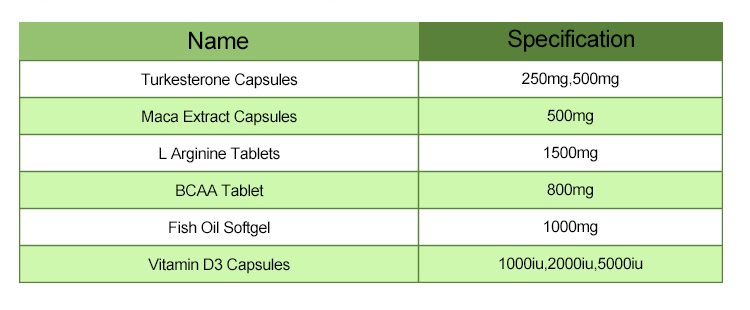Research on fish oil capsules, which contain omega-3 fatty acids, has been extensive due to their potential health benefits. Here’s a comprehensive overview of research findings up to my last update in January 2022:
1.Cardiovascular Health:
Numerous studies suggest that omega-3 fatty acids found in fish oil may reduce the risk of cardiovascular diseases. They can lower triglycerides, reduce blood pressure, decrease the risk of arrhythmias, and slow the development of plaque in the arteries.
The American Heart Association recommends consuming fish (particularly fatty fish) at least twice a week for cardiovascular health. For those with coronary artery disease, they may consider supplementation with fish oil capsules under a doctor’s guidance.
2.Brain Health and Development:
Omega-3 fatty acids, particularly DHA (docosahexaenoic acid), are crucial for brain development and function. Some studies suggest that omega-3 supplementation during pregnancy and early life may enhance cognitive development in infants.
In adults, omega-3 fatty acids may help improve cognitive function and protect against age-related cognitive decline. However, results have been mixed, and more research is needed to draw definitive conclusions.

3.Inflammation and Autoimmune Disorders:
Omega-3 fatty acids have anti-inflammatory properties, which may benefit individuals with inflammatory conditions such as rheumatoid arthritis, Crohn’s disease, and psoriasis. Some studies suggest that fish oil supplementation can reduce disease activity and symptoms in these conditions.
However, results vary, and more research is necessary to determine the optimal dosage and efficacy in different populations.
4.Mental Health:
There is growing interest in the potential role of omega-3 fatty acids in mental health. Some studies suggest that supplementation may help reduce symptoms of depression, anxiety, and bipolar disorder, though results are mixed.
Omega-3s are believed to modulate neurotransmitter pathways and inflammation, which could contribute to their effects on mood regulation.
5.Eye Health:
DHA, a component of omega-3 fatty acids, is also important for eye health. It is a major structural component of the retina, and adequate intake may reduce the risk of age-related macular degeneration (AMD) and dry eye syndrome.
However, more research is needed to establish the precise role of omega-3 supplementation in preventing or managing eye conditions.
6.Cancer Prevention:
Some studies suggest that omega-3 fatty acids may have a protective effect against certain types of cancer, including breast, prostate, and colorectal cancer. However, evidence is limited and inconsistent.
Further research is needed to elucidate the mechanisms involved and to determine whether supplementation can effectively reduce cancer risk.

7.Safety and Side Effects:
Fish oil supplements are generally considered safe for most people when taken in recommended doses. However, high doses may increase the risk of bleeding, particularly in individuals taking blood thinners.
Some people may experience gastrointestinal symptoms such as nausea, diarrhea, or indigestion with fish oil supplementation. Fish oil supplements may also interact with certain medications, so it’s essential to consult a healthcare provider before starting supplementation.
In conclusion, fish oil capsules offer a range of potential health benefits, particularly for cardiovascular health, brain development, inflammation, and certain mental health conditions. However, more research is needed to fully understand their effects and to determine the most appropriate dosages and populations for supplementation. Individuals interested in taking fish oil capsules should consult with a healthcare provider to discuss potential benefits, risks, and appropriate dosages for their specific health needs.
